The Cause: the women spreading hope through house plants
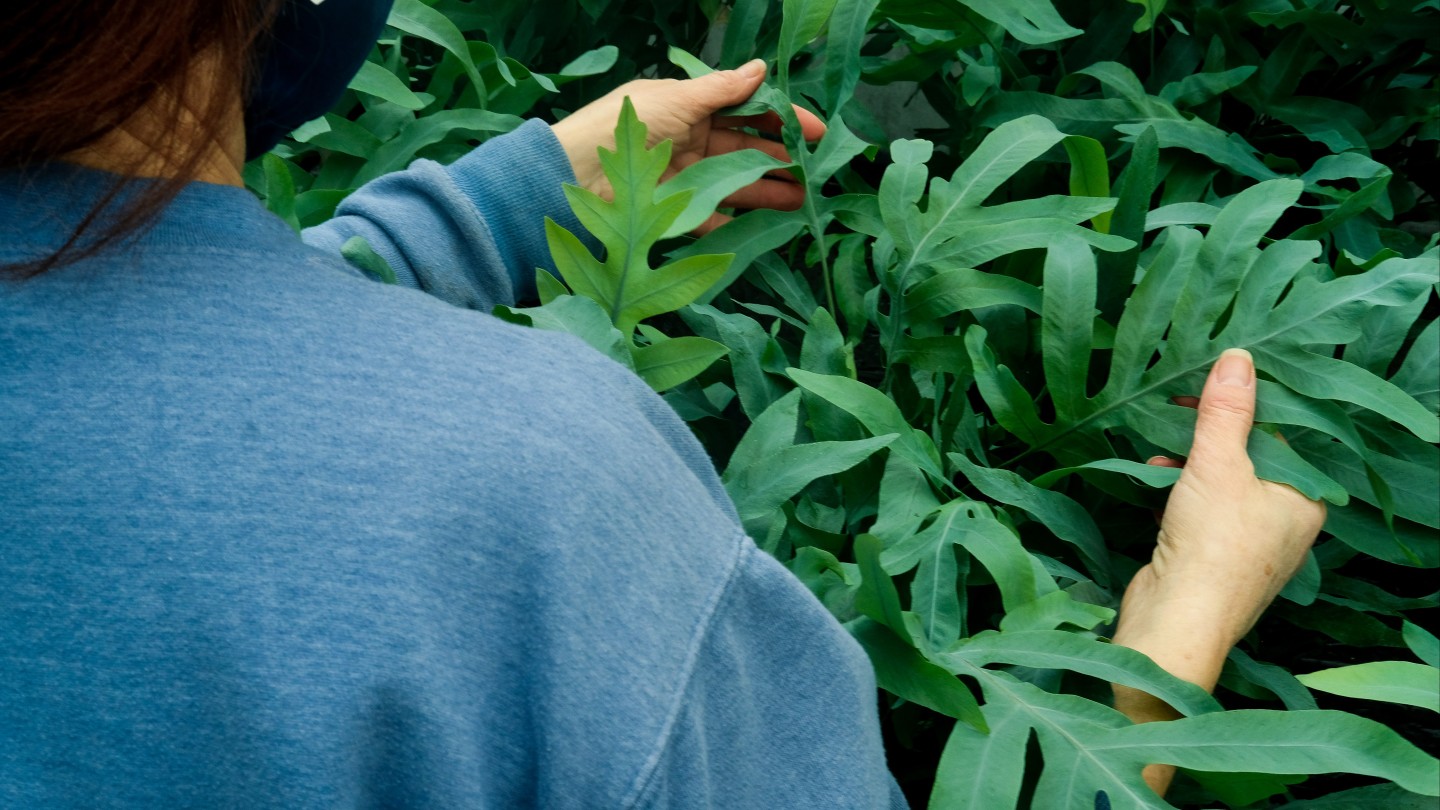
Roula Khalaf, Editor of the FT, selects her favourite stories in this weekly newsletter.
In the grounds of HM Prison East Sutton Park in Kent, a cluster of glasshouses that once sat abandoned are now bursting with life. Inside, women are planting, propagating, pruning and potting as part of a social enterprise creating opportunities through horticulture.
The Glasshouse helps female inmates find housing and employment once released, and is largely funded by sales of house plants grown by a team of ex-offenders. “Our main focus is to help these women transition from life in prison to the outside world, and to find a happy, healthy and meaningful way of living without reoffending,” says co-founder Kali Hamerton-Stove.
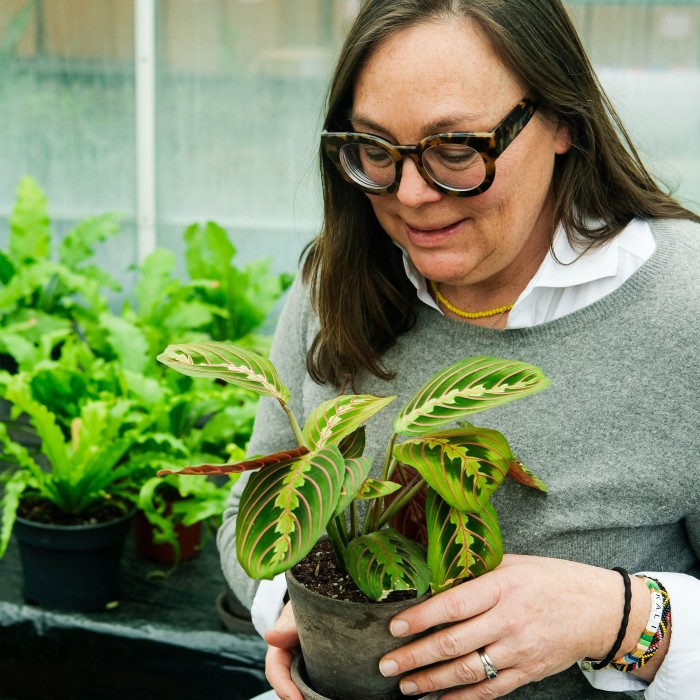
A surprising number of UK prisons are home to underused or neglected glasshouses. Although this old brick-manor prison grows a lot of its own vegetables, it’s one of just five out of 117 that still does: prison agricultural schemes were cut in the early 2000s, making most on-site glasshouses redundant. “Traditionally prisons grew all their own food and had their own animals, but less so in the modern world,” adds Hamerton-Stove.
After learning of East Sutton Park’s disused glasshouses three years ago, Hamerton-Stove began formulating a plan for how best to utilise them. Realising how difficult it is for women when they leave prison – women have on average a higher number of reoffences than men – she sold her local plant and homewares shop to embark on the new enterprise with friend and social entrepreneur Melissa Murdoch. “Men often have people taking care of the children, keeping the household going,” says Hamerton-Stove, “but women struggle.”
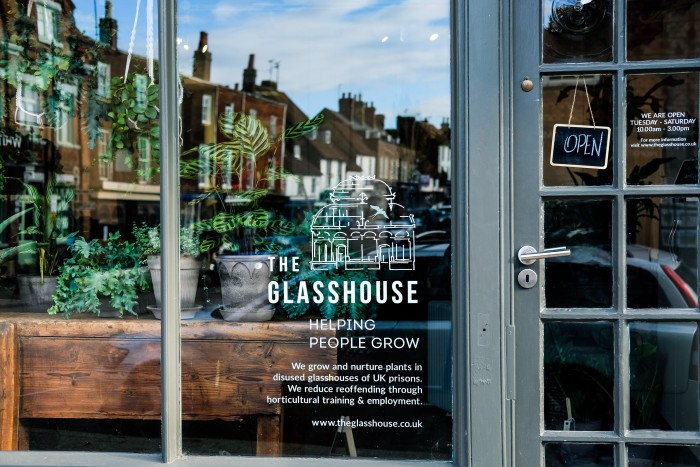
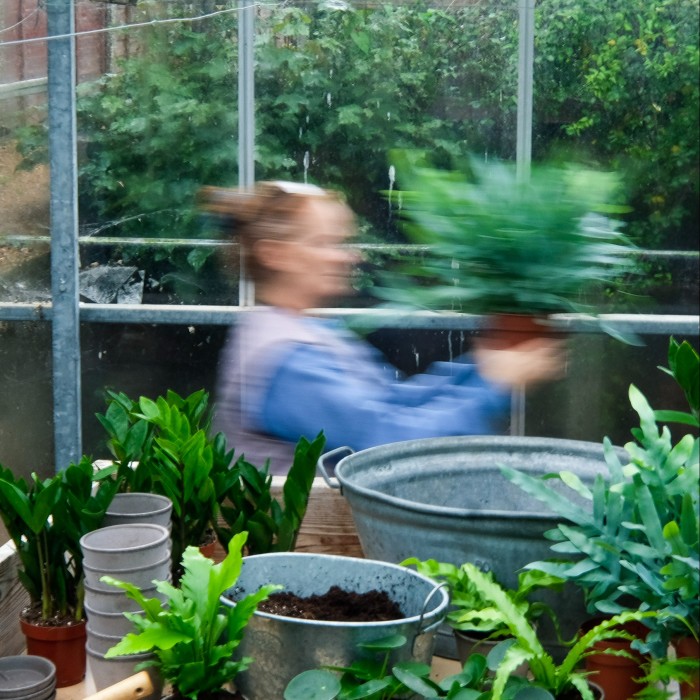
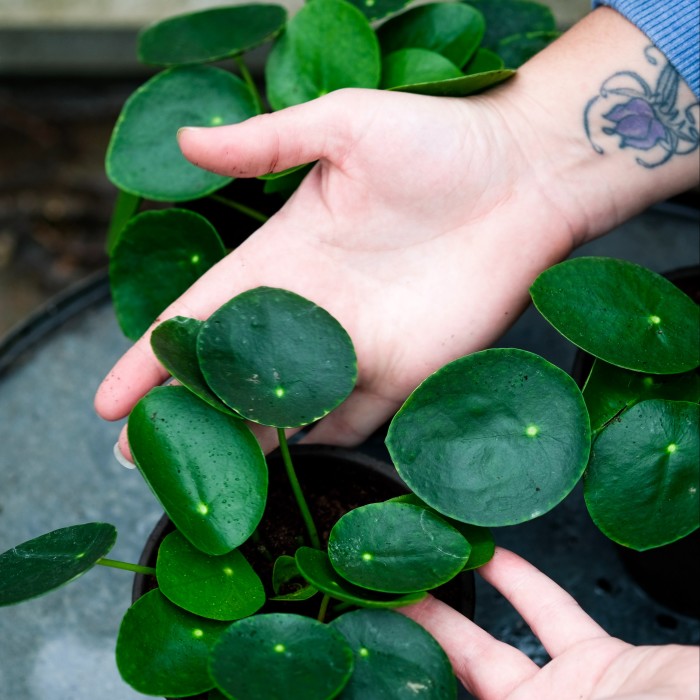
As part of the programme, women can apply to work in the glasshouses and attain horticultural qualifications up to RHS Level 2. The scheme is currently offered to up to 10 women at a time, plus two open positions for ex-offenders. With many prison schemes overcrowded, The Glasshouse offers an intentionally micro approach. “Each person requires something very different,” explains Hamerton-Stove.
As well as gaining practical skills, inmates can leave the facility to experience the day-to-day running of the shop and office in Cranbrook. Along with looking after the website, processing orders, packing and making gift cards, they also interact with customers. “A big part of what we’re doing is trying to grow their confidence,” says Hamerton-Stove. “A lot of people come in just to ask questions and talk to the women. It’s been a good way for the community to break down preconceived notions – and for ex-offenders to realise they can be successful and welcomed out in the world again.”
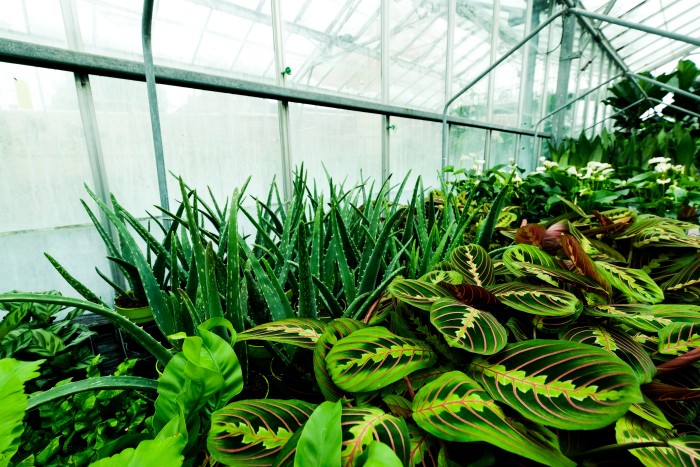
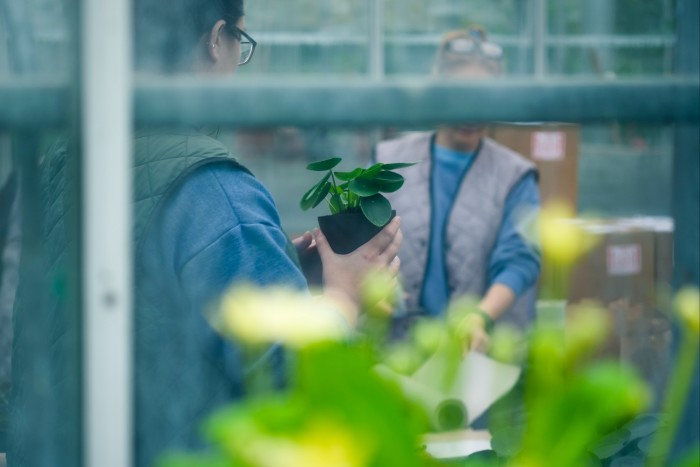
Many women report a significant improvement to their mental health; others simply relish the act of nurturing something. “I have taken on a lot of responsibility and thoroughly enjoyed it,” says one inmate. “I have been given the chance to learn new skills, to learn tasks within a shop while earning savings. I am able to go back into the community with a better chance of succeeding.”
The Glasshouse shop and website sell a variety of temperate indoor plants (from £26), including Ficus Ginseng, Trailing Jade, Monstera Minima and five types of fern. Each comes in a handmade container – Italian charcoal clay pots for smaller varieties, woven baskets for larger ones – and all packaging is plastic-free and recyclable. “From the beginning we wanted to differentiate ourselves with the healthiest and most beautiful plants – they’re grown with so much love, hope and attention,” says Hamerton-Stove.
A plantscaping service for office and retail spaces has also proven successful, most recently decking out London’s The Conduit with more than one hundred plants and six large trees. Projects for 2022 include an office “green-up” for social impact investor Big Society Capital and plant installations for fellow social enterprise Redemption Roasters. All profits are put back into The Glasshouse, which is soon to be expanded to a second prison and shop in Surrey.
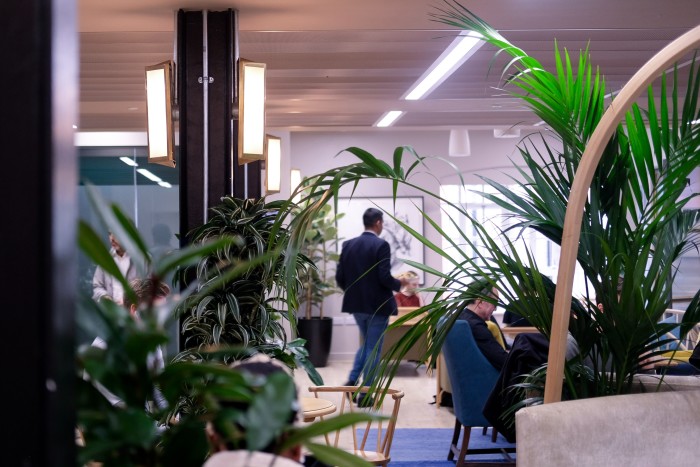
Hamerton-Stove recognises the need for similar programmes in men’s facilities, hoping to explore the possibility in the future. But for now the focus remains on women. “We started with this not just because it’s what we had access to, but also because we’re women,” she says. “I still feel a real drive to support them because they have [been in] so many similar situations to me.”
Comments